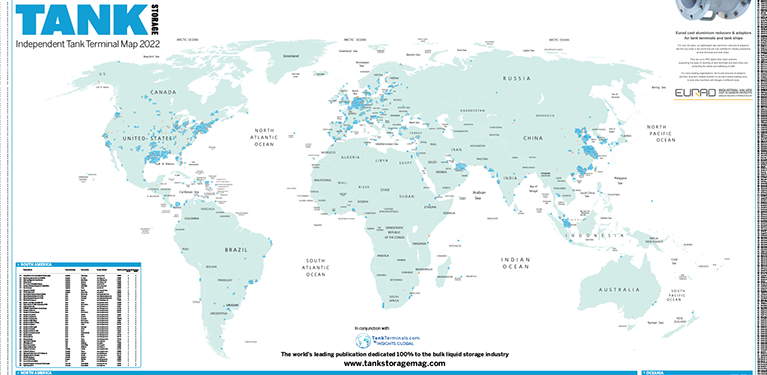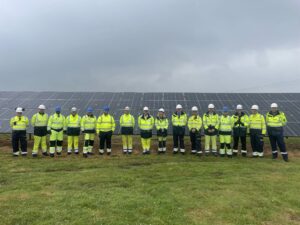The eighth annual Global Energy Talent Index (GETI), has released a report which has highlighted a cautious approach to AI adoption in the oil and gas industry, wide interest in AI skills development, and a slowing of salary growth.
According to the report, produced by Airswift, 24% of oil and gas professionals already use AI – somewhat behind the industry average of 27%. A further 10 % are expecting to adopt AI within six months. Nearly half (47%) of professionals feel very optimistic about the future impact of AI, with many anticipating an uplift in their personal productivity (71% ), improved career progression opportunities (58%) and increased job satisfaction (58%). Over 53% believe it will positively impact the amount of time spent with family and friends.
 Nearly all respondents to the GETI 2024 report say AI will increase demand for skills, with two thirds (62%) of oil and gas professionals expecting AI to increase pressure on them to acquire new skills. Technical skills such as programming, software engineering, IT, data science and cybersecurity are where professionals expect to see the greatest demand in the oil and gas sector. When exploring the relationship between potential skills development opportunities and perceived future demand, initial findings highlight IT, programming, software engineering, robotics and cyber security as areas the industry may need to proactively develop to shore up skills.
Nearly all respondents to the GETI 2024 report say AI will increase demand for skills, with two thirds (62%) of oil and gas professionals expecting AI to increase pressure on them to acquire new skills. Technical skills such as programming, software engineering, IT, data science and cybersecurity are where professionals expect to see the greatest demand in the oil and gas sector. When exploring the relationship between potential skills development opportunities and perceived future demand, initial findings highlight IT, programming, software engineering, robotics and cyber security as areas the industry may need to proactively develop to shore up skills.
The report also found the need for soft skills like communication, critical thinking, problem-solving, and creative thinking is expected to increase, highlighting the unique human capabilities that complement AI technologies.
Reflecting on the findings of the GETI 2024 report, Janette Marx, CEO of Airswift, says: ‘The oil and gas sector is at a critical juncture with AI emerging as a key tool to support decarbonisation efforts. Our report underscores the need for a delicate balance between technological advancement and nurturing the skills of our workforce. As we see a modest stabilisation in salaries and a high willingness for global mobility, the area to watch now is how companies embrace AI. We need to proactively enhance the capabilities of our people to make the most of an ever-evolving energy landscape. Boosting employee buy-in will involve harnessing automation to free up time for other priorities and upskilling workers in AI-related fields.’
The report indicates a flattening in salary growth, with 48% of professionals reporting a pay rise this year, a modest increase compared to previous years. 69% of professionals are optimistic of a pay rise next year, a sentiment that is shared by hiring managers.
With an international pipeline of new projects, 83% would consider relocating, compared with 81% in 2023. Asia enters the top three desirable destinations for relocation, behind Europe and the Middle East. The demand for oil and gas skills remains strong, both within and beyond the sector, with 81% having been headhunted in the past year. However, there is a hesitancy to join other industries, with only 19% considering such a move.














